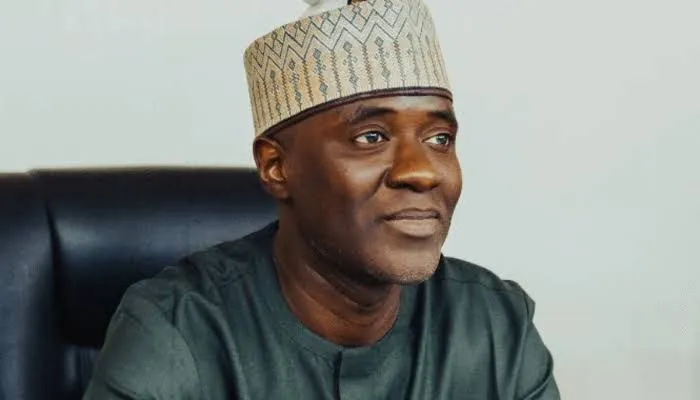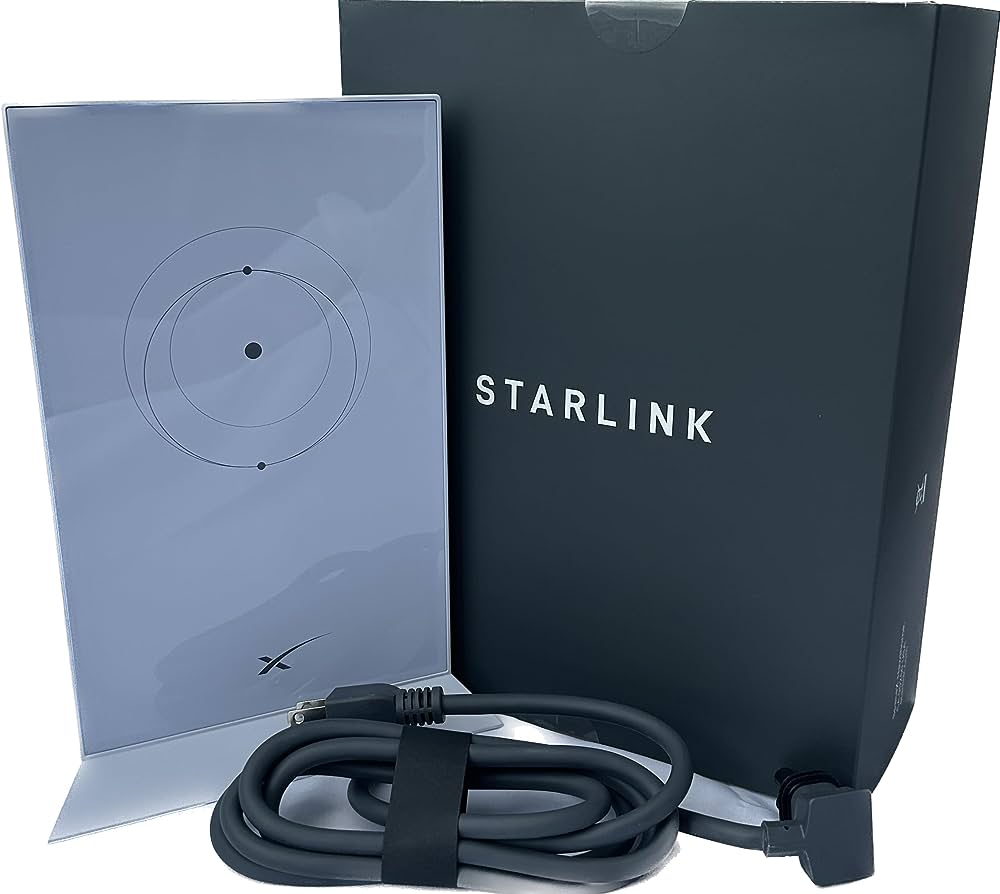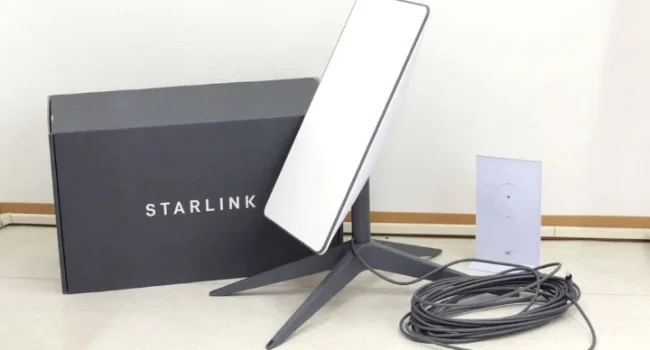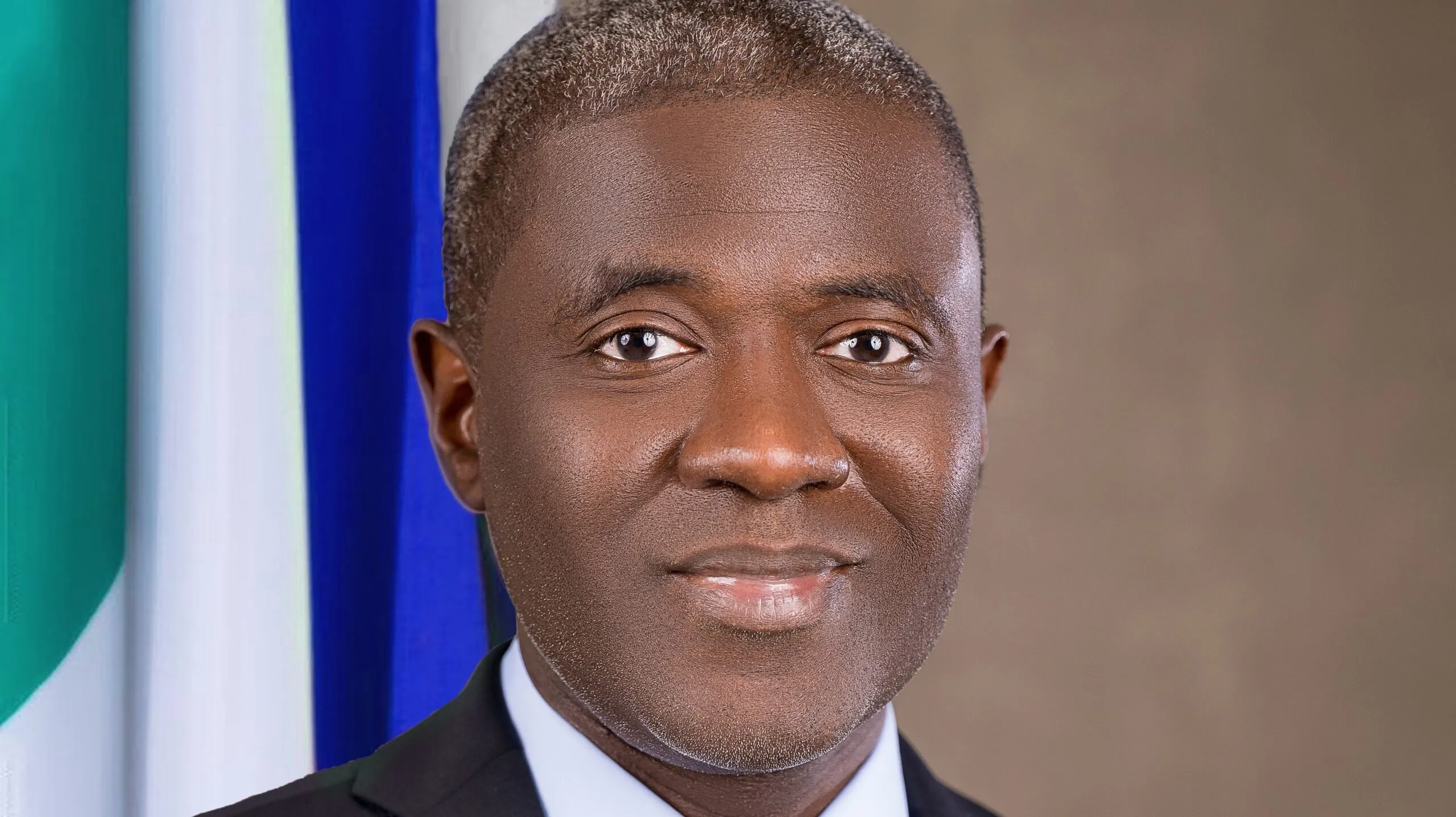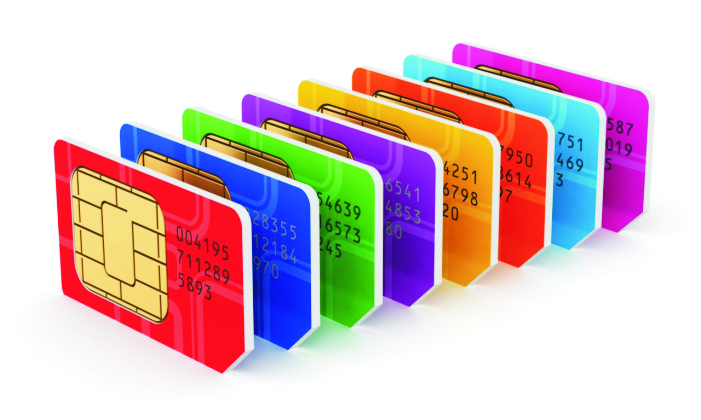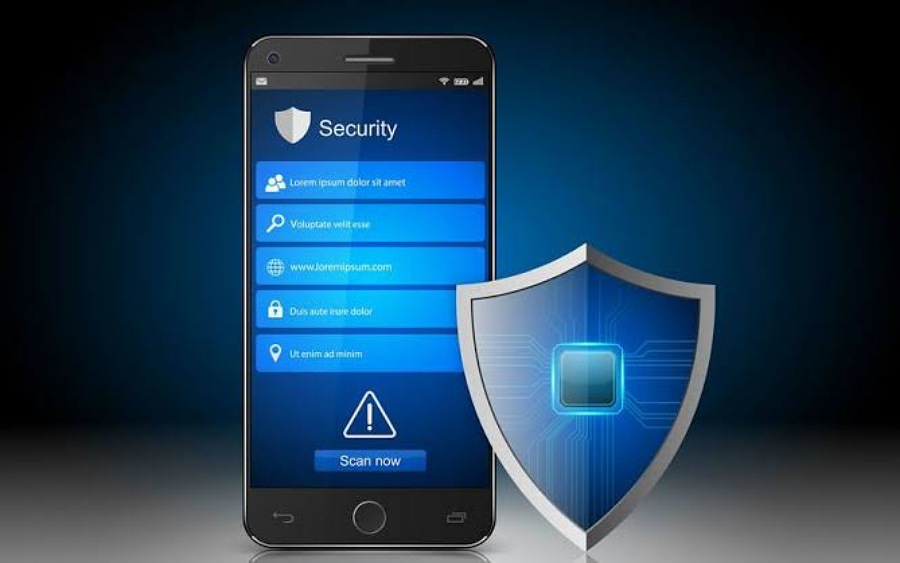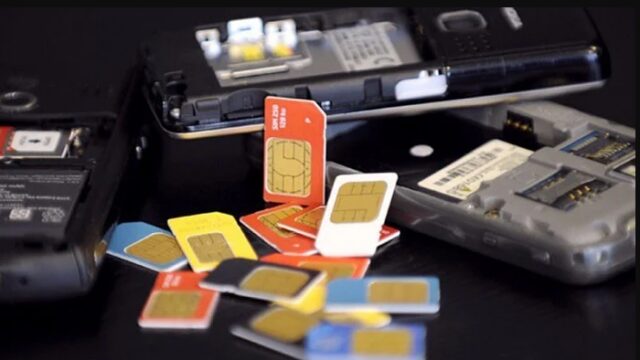The Nigerian Communications Commission (NCC) has proposed a regulatory framework to tackle issues like spam and fraud in the Application-to-Person messaging industry.
The proposed framework was announced in a statement released by the telecom regulator on Friday.
During a virtual Stakeholders’ Forum, the proposed framework was presented, marking a significant step in improving the sector’s integrity and guaranteeing an equitable and transparent environment for all stakeholders.
On behalf of Executive Vice Chairman Dr Aminu Maida, the NCC’s acting Head of Legal and Regulatory Services, Mrs Chizua Whyte, presented the proposed framework, which aims to regulate the A2P messaging space.
Read also: Vandalism crisis in Nigeria, South Africa paralyses telecoms and power sectors
A2P messaging challenges
A2P messaging has become an essential communication tool in Nigeria, where it is utilised for notifications like government updates, bank alerts, and promotional activities.
Nonetheless, the industry has a lot of obstacles to overcome, including issues with fraud, data privacy, and consumer protection, in addition to an uneven distribution of value throughout the ecosystem.
“The international A2P messaging space in Nigeria faces gaps that have led to issues such as fraud, spam, and data privacy concerns. These challenges threaten the sustainable growth of this communication tool,” the NCC said.
Framework to address challenges
The regulatory body reaffirmed its dedication to promoting innovation while guaranteeing a safe, open environment for companies, customers, and service providers.
By encouraging fair competition, safeguarding consumers, and holding service providers responsible, the suggested framework seeks to address these issues.
“This forum marks a pivotal step towards addressing these challenges,” the NCC said. “We are here to engage with all stakeholders—operators, aggregators, businesses, service providers, and consumers—to refine the framework and ensure it meets the needs of the entire ecosystem.”
Read also: NCC withdraws “error” statement on Starlink price hike, commences pre-enforcement action
NCC calls for inclusivity, collaboration
The NCC emphasised the value of cooperation and inclusivity in establishing a successful regulatory environment.
Promoting a sustainable A2P messaging ecosystem that fosters corporate innovation, improves communication effectiveness, and aids in Nigeria’s socioeconomic development is the main goal of the commission’s work.
During the event, stakeholders were invited to share their thoughts and opinions to influence the final framework.
The NCC reaffirmed its dedication to establishing a regulatory framework that fosters innovation and protects the interests of all parties involved in the A2P messaging industry.
The NCC stressed the value of collaboration in determining the direction of A2P messaging in Nigeria and asked stakeholders to stay involved throughout the regulatory process for more updates.
